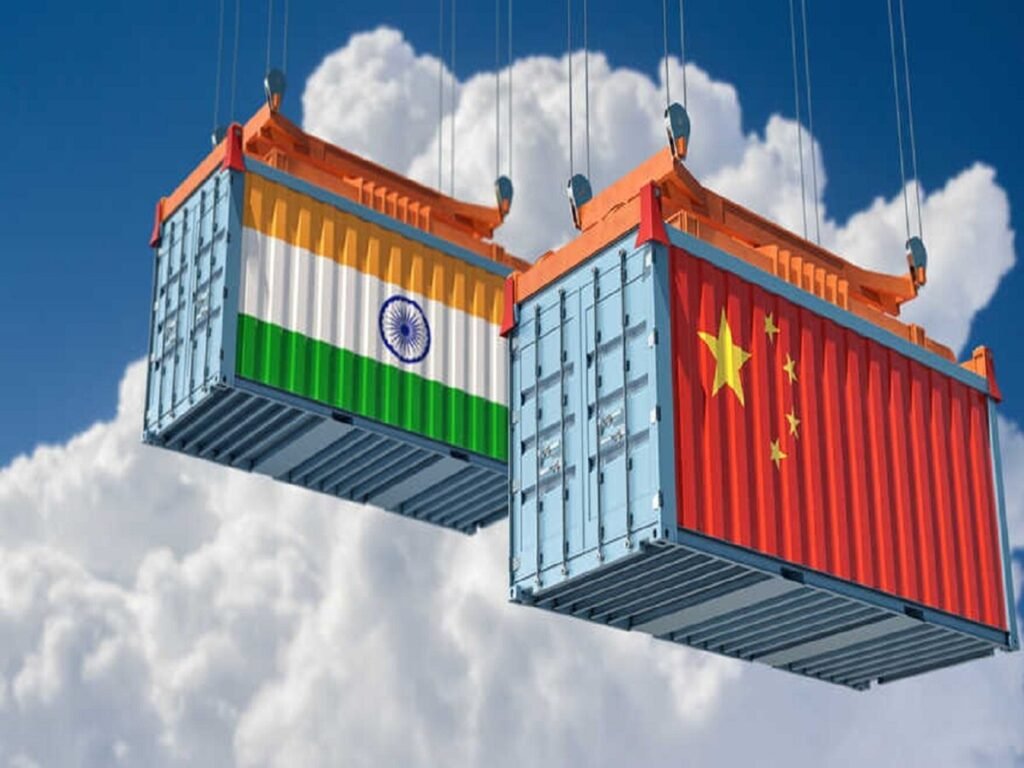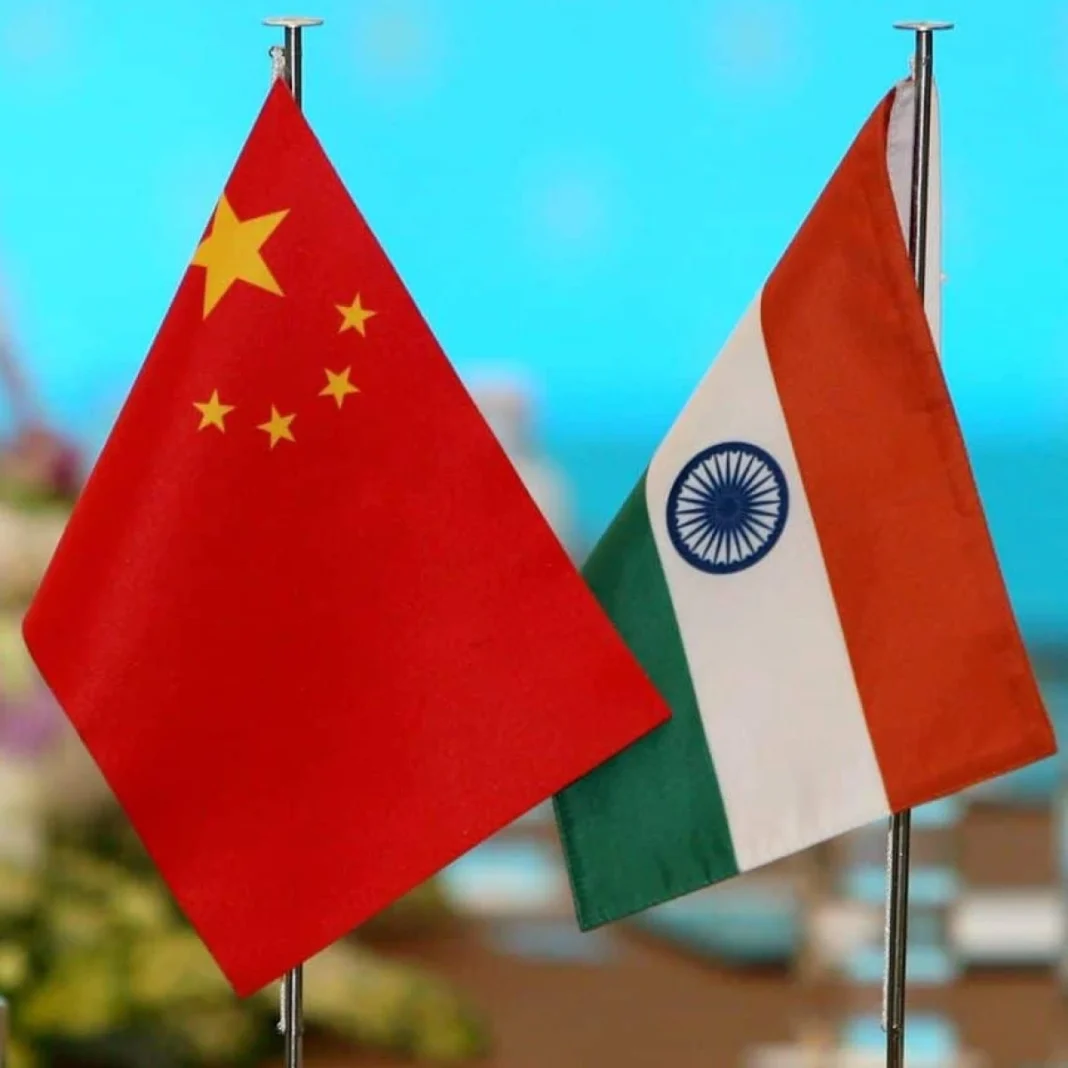India has introduced anti-dumping duties on five Chinese products to protect its domestic industries from unfair competition. The affected products include isopropyl alcohol, Sulphur black, cellophane transparent film, thermoplastic polyurethane, and unframed glass mirrors.

These duties, recommended by the Directorate General of Trade Remedies (DGTR), are set for five years and vary by product. The move comes amid growing concerns about India’s trade deficit with China, which reached $85 billion in 2023-24. By implementing these measures, India aims to create a fairer market environment and strengthen its local manufacturing sector. This decision reflects the government’s commitment to safeguarding domestic businesses from low-cost imports that undermine local pricing.
Overview:
| 5–Year Anti-Dumping Duty | India imposes duty on five Chinese products: isopropyl alcohol, sulphur black, cellophane film, TPU, mirrors. |
| Products & Duties Imposed | – Isopropyl Alcohol: USD 82-217/tonne. Used in medical/industrial sectors (e.g., antiseptics, hand sanitizers) – Sulphur Black: Up to USD 389/tonne, mainly for textile dyeing – TPU: USD 0.93-1.58/kg Used in automotive, medical, and electronics industries. – Cellophane Film: USD 1.34/kg Used for packaging – Unframed Mirrors: USD 234/tonne |
| Purpose | To shield Indian industries from below-cost Chinese imports. |
| DGTR’s Role | Recommended duties based on findings of “material injury” to local sectors. |
| Further Investigations | DGTR is examining more Chinese imports, including certain chemicals and steel, for possible duty imposition. |
Background and Purpose of Duties
India has introduced a five-year anti-dumping duty on five key Chinese imports It is to shield domestic manufacturers from cheap Chinese goods. The targeted products include isopropyl alcohol, sulphur black, cellophane transparent film, thermoplastic polyurethane, and unframed glass mirrors. All of them were sold in India at below-market prices. The goal is to protect domestic industries from low-cost Chinese imports that affect local prices.
Duties on Key Products
- Isopropyl Alcohol: Used in medical and industrial applications, with duties ranging from $82 to $217 per tonne based on the supplier.
- Sulphur Black: Used in textile and leather dyeing; duty of up to $389 per tonne has been imposed.
- Thermoplastic Polyurethane: Commonly used in automotive and electronics, with duties set between $0.93 and $1.58 per kg.
- Cellophane Transparent Film: Packaging material now subject to $1.34 per kg in duties.
- Unframed Glass Mirrors: Duties of $234 per tonne have been applied.
Recommendations from DGTR
The Directorate General of Trade Remedies (DGTR) recommended these duties after investigating complaints from Indian manufacturers about the unfair pricing of imports from China. The DGTR assessed that these imports were causing material injury to domestic players. In response, India’s Central Board of Indirect Taxes and Customs imposed the duties for five years.
Action Taken by Customs Board
Following DGTR’s recommendation, the Central Board of Indirect Taxes and Customs enforced these duties. They will be effective for five years to support domestic competitiveness.
Ongoing Investigations and Trade Impact
In addition to these five products, DGTR has begun probes into the dumping of other products, including chemicals and steel. India and China, both members of the WTO, have seen increased trade imbalances. India’s trade deficit with China reached $85 billion in 2023-24. Both nations are members of the WTO, yet India is pushing for fairer trade practices. The duties aim to create a level playing field for Indian industries facing rising Chinese imports.
India’s imposition of anti-dumping duties on these Chinese imports is a strategic move to support domestic industries against low-cost foreign competition. By establishing these duties, the government aims to create fairer market conditions and curb the trade imbalance with China. This decision highlights India’s ongoing commitment to strengthening its local manufacturing sector and ensuring long-term competitiveness in the global market.





